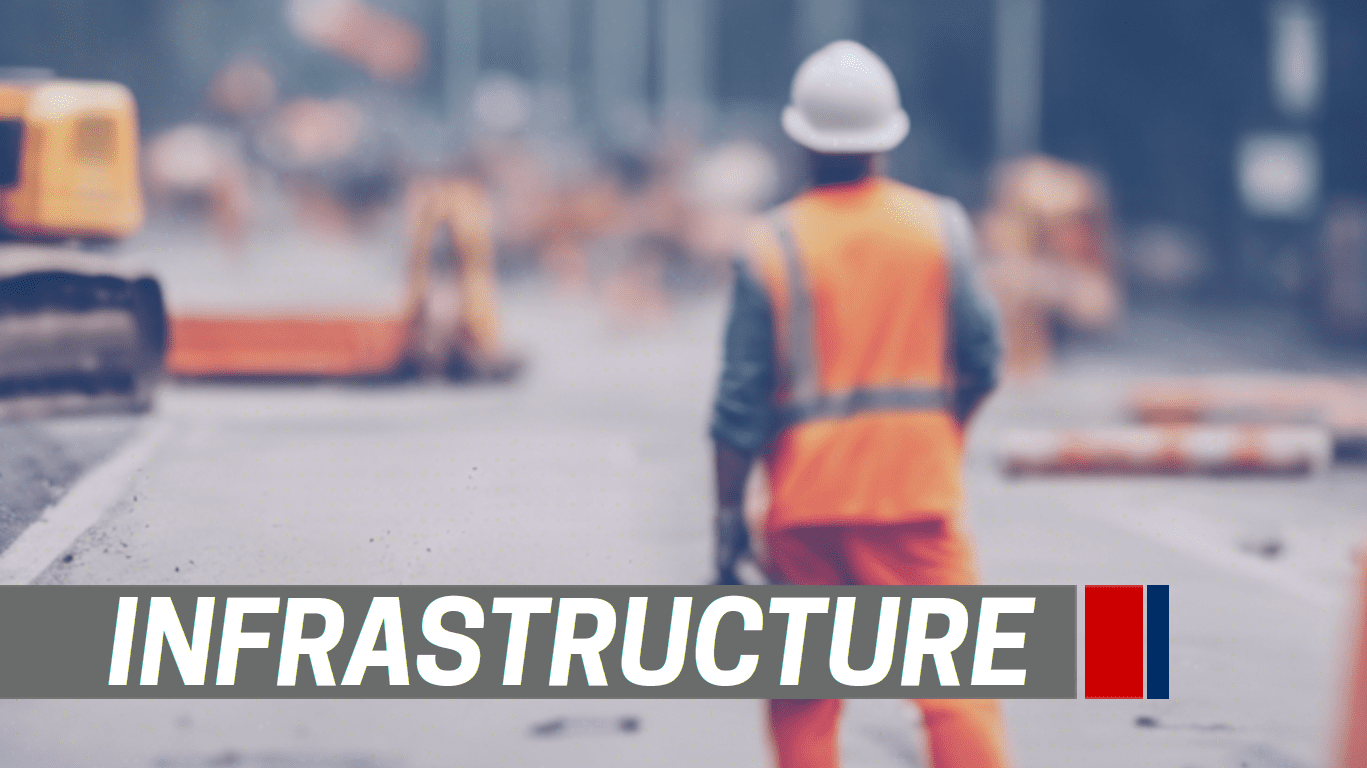A routine inspection by the Tennessee Department of Transportation (TDOT) today revealed a compromised element on the Gay Street Bridge. This discovery has led to the immediate closure of the bridge to both vehicular and pedestrian traffic as a precautionary measure.
The City of Knoxville, which owns and operates the bridge, will continue to work with TDOT to conduct a more detailed inspection. The findings from this ongoing inspection will help determine the necessary repairs and the duration of the closure.
Engineering Director Tom Clabo emphasized the importance of public safety, saying, “We regret the inconvenience, but public safety is the absolute top priority for both TDOT and the City. Once the inspection is finalized, the City will proceed quickly with repairs. Knoxvillians can be assured that the bridge will continue to be safe once the deficiencies are corrected.”
The Gay Street Bridge, constructed in 1898 and spanning 1,512 feet across the Tennessee River, is the oldest bridge of its kind in Knoxville. It is also listed on the National Register of Historical Places.
In 2004, a collaborative effort between the City, state, and federal governments resulted in a $15.7 million improvement project for the bridge. Since the completion of that project, the bridge had consistently passed inspections without requiring closures for safety maintenance.
It is important to note that the bridge closure will not impact tonight’s downtown parade and celebration of the University of Tennessee’s national baseball championship. However, the parade staging area has been relocated to Hill Avenue.
Source: Read Original Release
Repaving Project on Parkside Drive to Begin
Starting Sunday evening, June 23, 2024, repaving on Parkside Drive in West Knoxville will begin, covering a 1.3-mile stretch between Lovell Road and the city limits. This three-week project, conducted overnight to reduce traffic disruptions, involves milling the old asphalt and laying new asphalt, with lane closures expected. The city budget allocates $8.6 million for repaving 32 miles of local streets.


